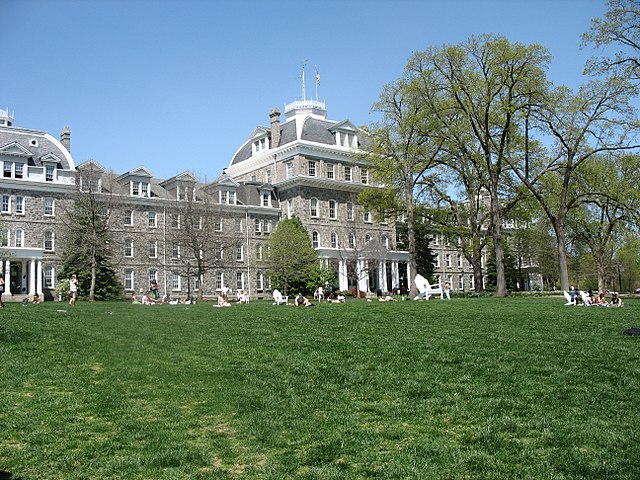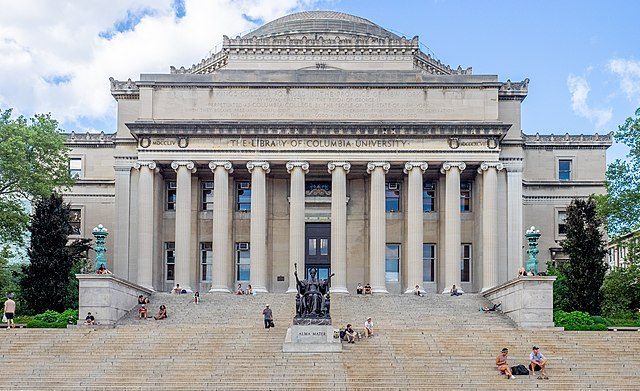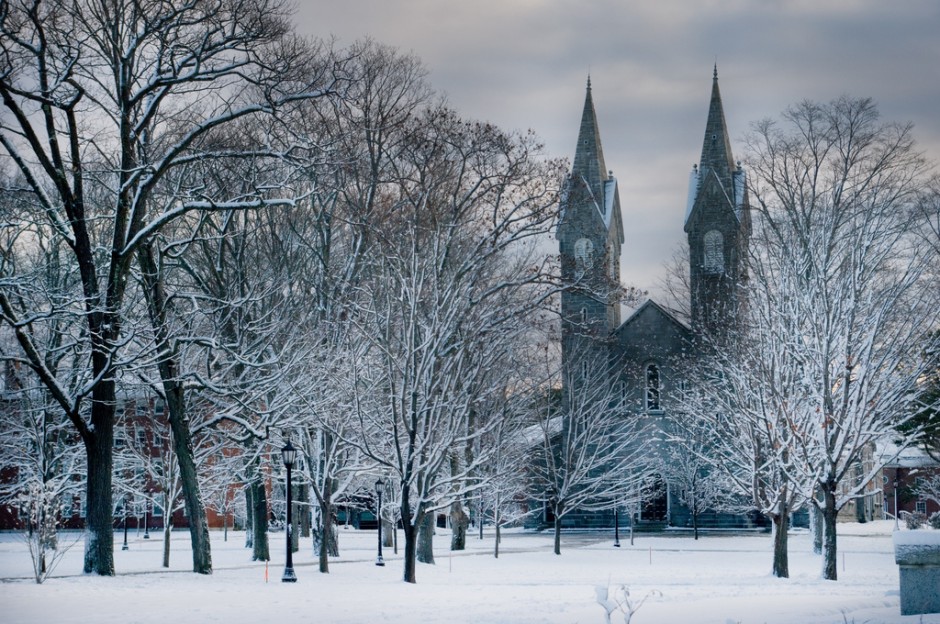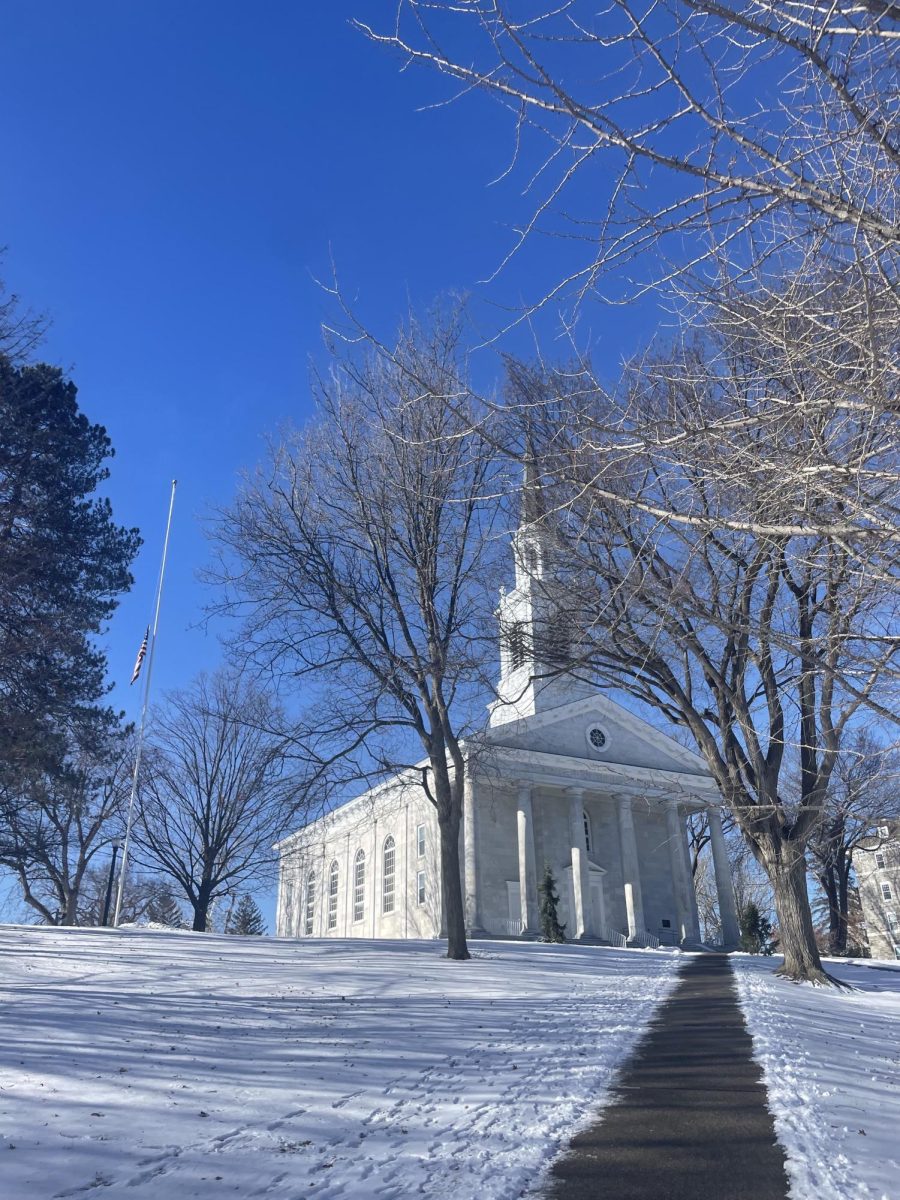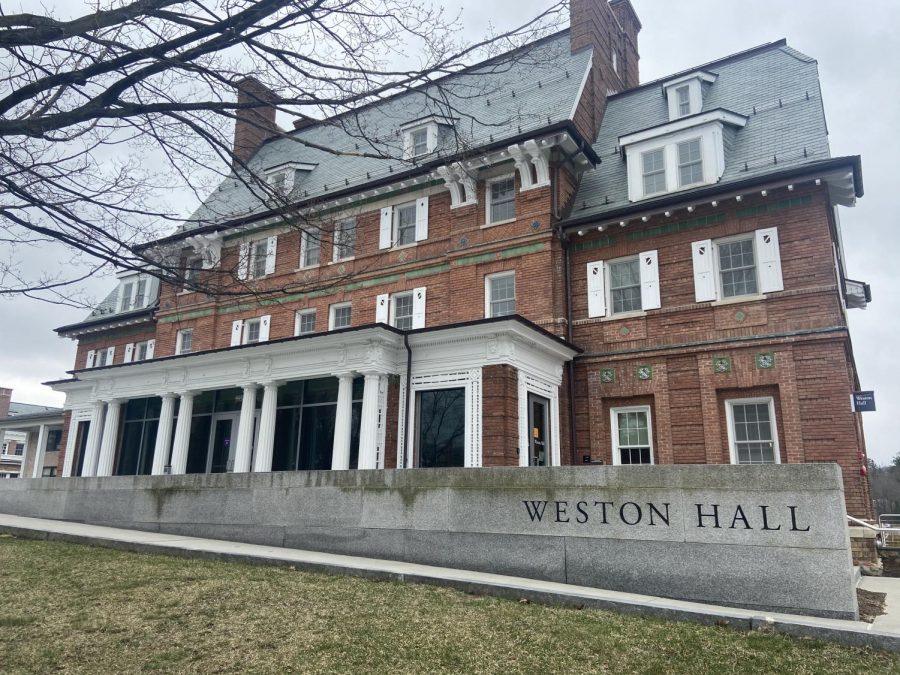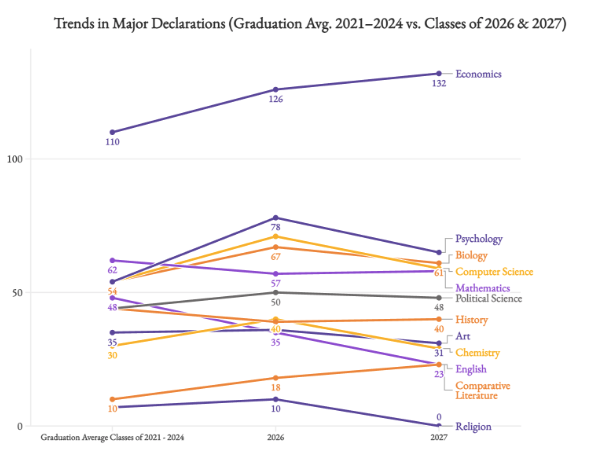In Other Ivory Towers is the Record’s look at colleges and universities outside the Purple Bubble.
Harvard and Georgetown Universities
On Feb. 4, the faculty of arts and sciences at Harvard University voted overwhelmingly to push for divestment from fossil fuel companies. Despite the results — 179 for and 20 against — the school’s endowment manager, the Harvard Management Co., has not amended its stance. For years, there has been increasing pressure on the school to use its platform to take measures towards helping the environment. In a Washington Post article, English Department Chair Nicholas Watson, who worked on the resolution with other professors, said that the faculty are “trying to build momentum both within the university and a wider movement.”
Harvard spokesman Jonathan Swain said last week that the university’s current climate action plan does not address the need to lower fossil fuel levels. Instead of divestment, Harvard has supported other means of tackling climate change, including research and education.
President Lawrence S. Bascow addressed the growing support for divestment in last September’s Harvard Magazine with recognition for both sides of the argument while expressing his continued disapproval of full divestment, “We may differ on means,” he said. “But I believe we seek the same ends — a decarbonized future in which life on Earth can flourish for ages to come.”
The push to divest from fossil fuel companies has been more successful at Georgetown University, where President John J. DeGioia announced Thursday that the university will not only end future investments in fossil fuel companies but will also work to withdraw previous investments in those firms. “The work of understanding and responding to the demands of climate change is urgent and complex,” DeGioia said in his announcement. “It requires our most serious attention.”
The response to this announcement has largely been positive and celebratory. In a Washington Post article, a sophomore member of a student-led group, GU Fossil Free, exclaimed, “We are thrilled!” stating that they “are so excited and so proud of Georgetown for taking this step, and so proud of the work everyone has been doing since 2012.”
The divestment has allowed Georgetown to put more funds in environmental projects, including renewable energy projects that will heavily contribute to the decrease in fossil fuel reliance. In a written statement, the school’s chief investment officer, Michael Barry, wrote that the university has profitably invested in companies innovating renewable power for years and will continue doing so.
Johns Hopkins University
Johns Hopkins University formally announced in January that it no longer takes legacy status into account in its admissions process, pointing to the benefits of attracting more first-generation students as reflected in the broader demographics of its student population.
When Ronald J. Daniels became the president of the university in 2009, 12.5 percent of the first-year class consisted of legacy students, while only nine percent consisted of students who were qualified for Pell Grants, federal subsidies for low-income college students. Ten years later, there are now far more Pell-eligible students (19.1 percent) than legacy students (3.5 percent) in the Class of 2023. Daniels stated his belief that most applicants whose parents are alumni do not need an extra advantage, given that most of them “come from affluent families and have other social and educational advantages.”
The decision sparked unhappy responses from some families with strong ties to the university. However, David Phillips, the university’s vice provost for admissions, said in an interview with NPR that there are also several alumni who are “very proud that the university would take a more meritocratic approach to our admissions policies.” The change has not led to a decrease in alumni donations, he said.
Mount Holyoke College
An art professor at Mount Holyoke College was charged with several counts of assault — including assault with intent to murder a person over 60 years old — at the Orange District Court in Massachusetts on Friday. Mount Holyoke Professor of Art Rie Hachiyanagi, 48, allegedly attacked her friend and fellow faculty member with rocks, a fire poker and garden shears a little past midnight on Dec. 24. The victim suffered non-life-threatening injuries to the face and head. According to The Washington Post, Hachiyanagi pleaded not guilty.
Christian Feuerstein, a spokesperson for the college, said in a statement to the Daily Hampshire Gazette that Hachiyanagi “has been placed on administrative leave from the college and is not permitted on our campus pending further review of the incident. We will cooperate fully with law enforcement agencies in support of their ongoing investigations.” Hachiyanagi is in Franklin County being held without bail until the next hearing on Feb. 4 at the Orange District Court.



